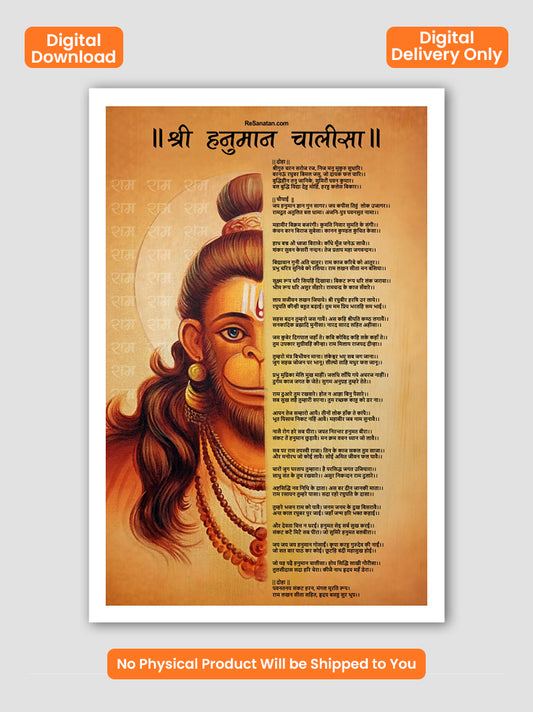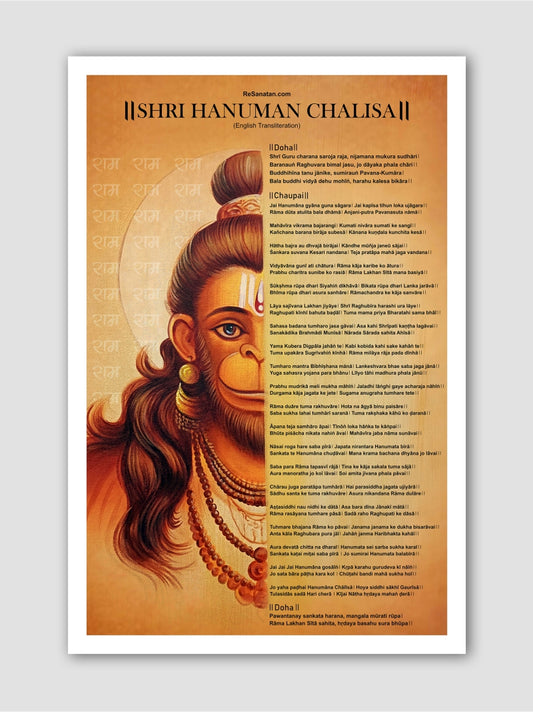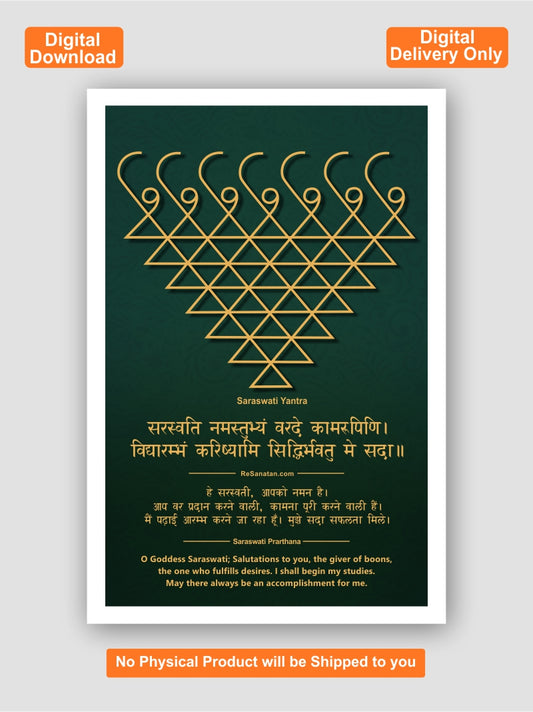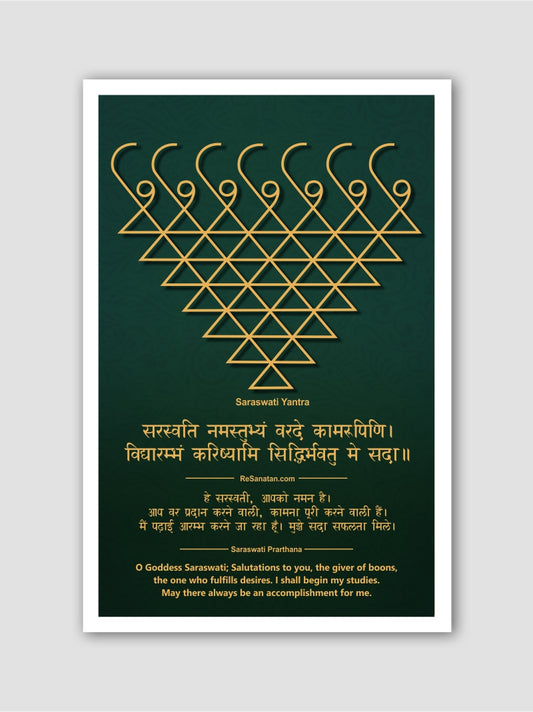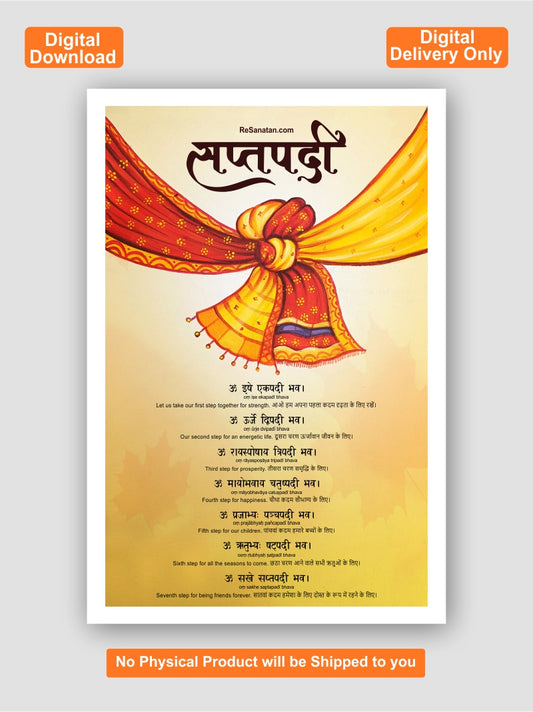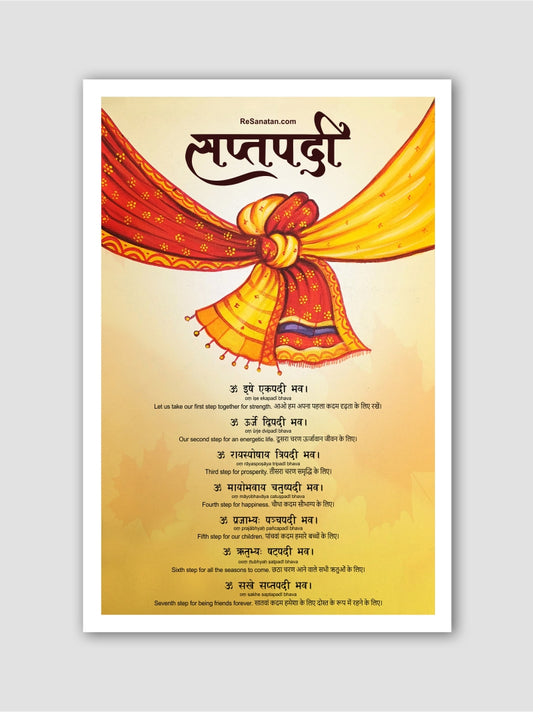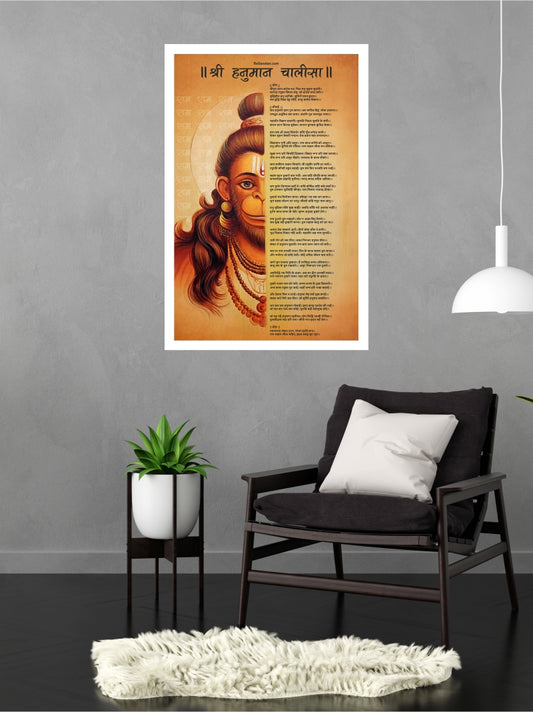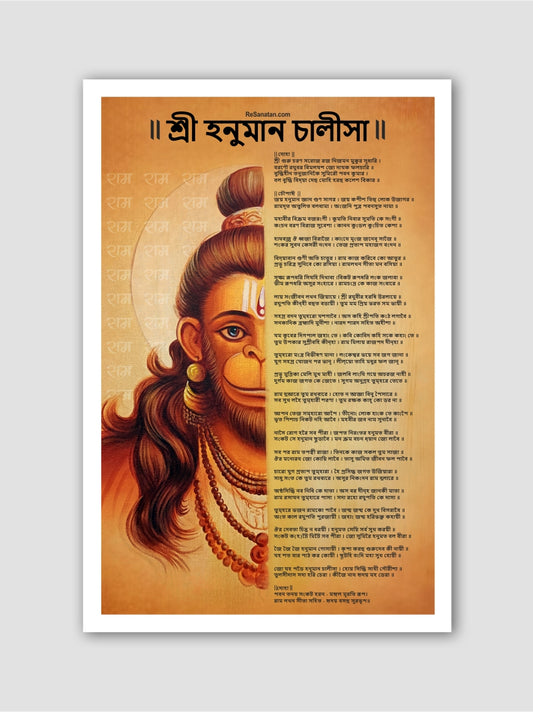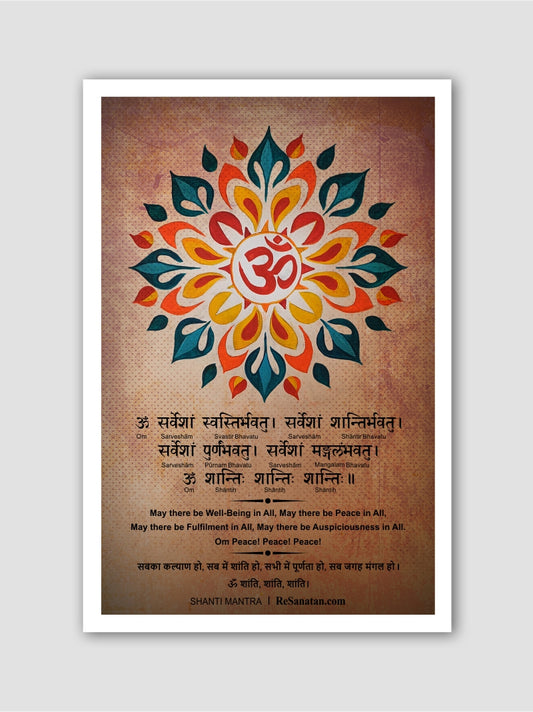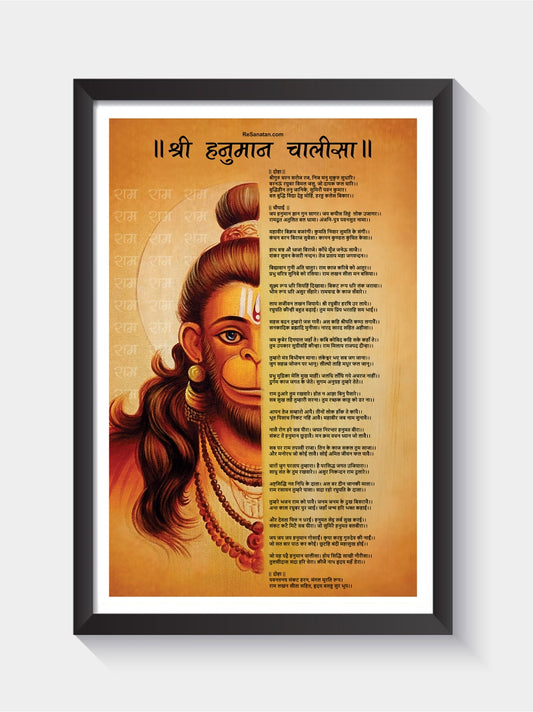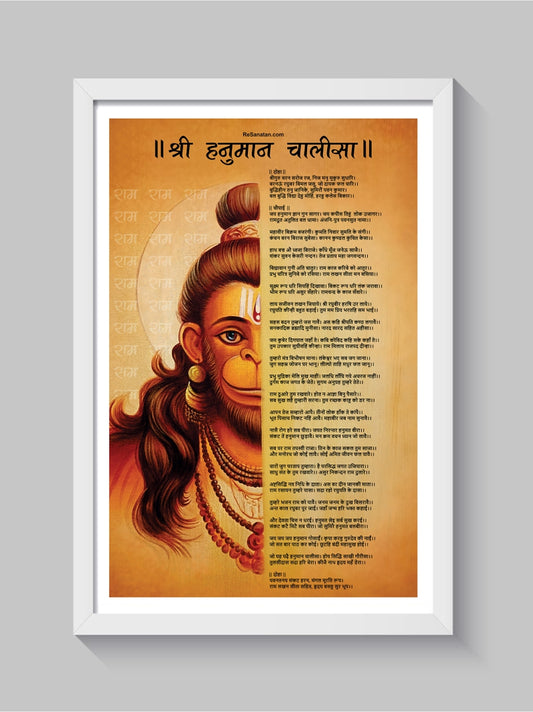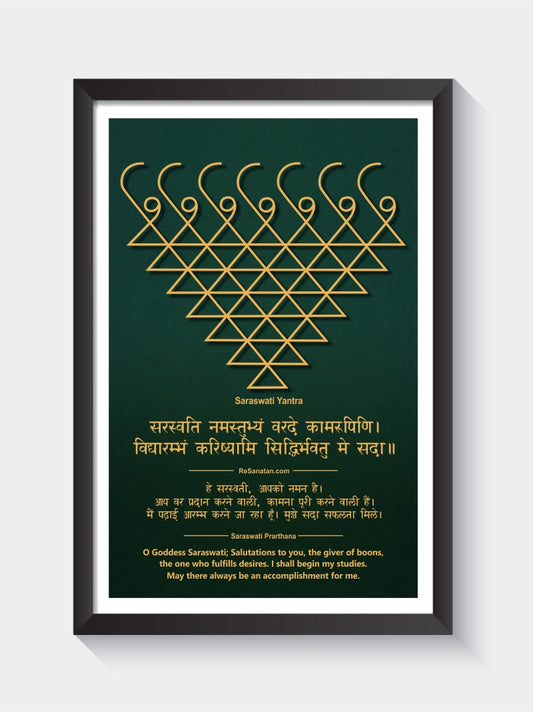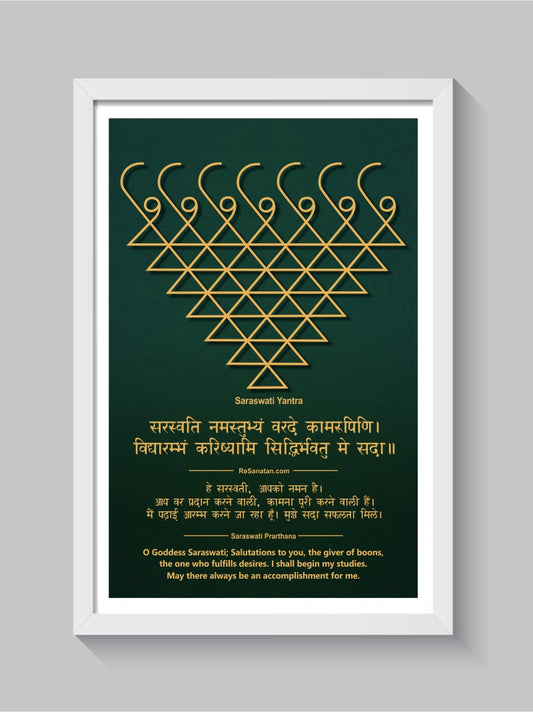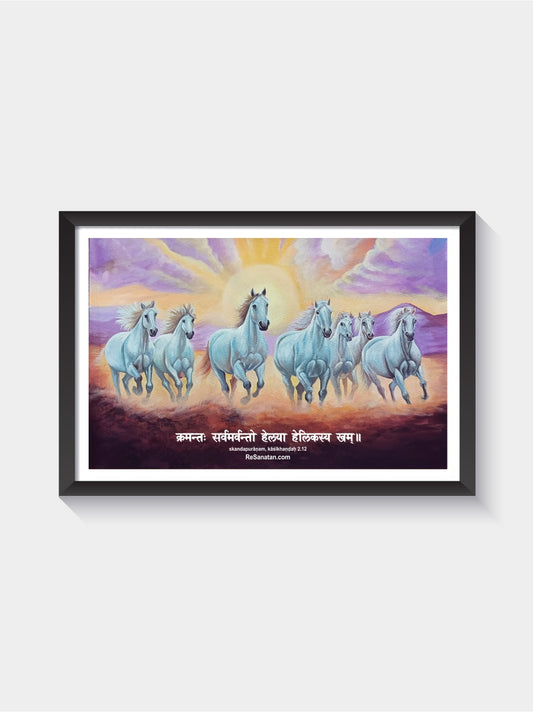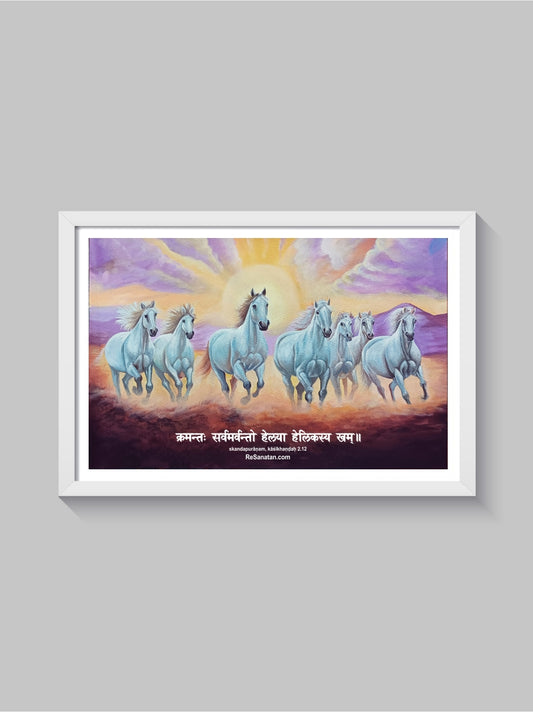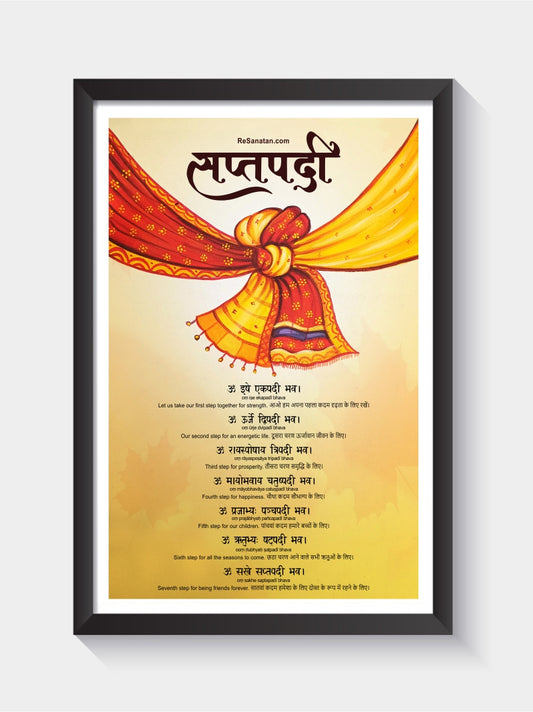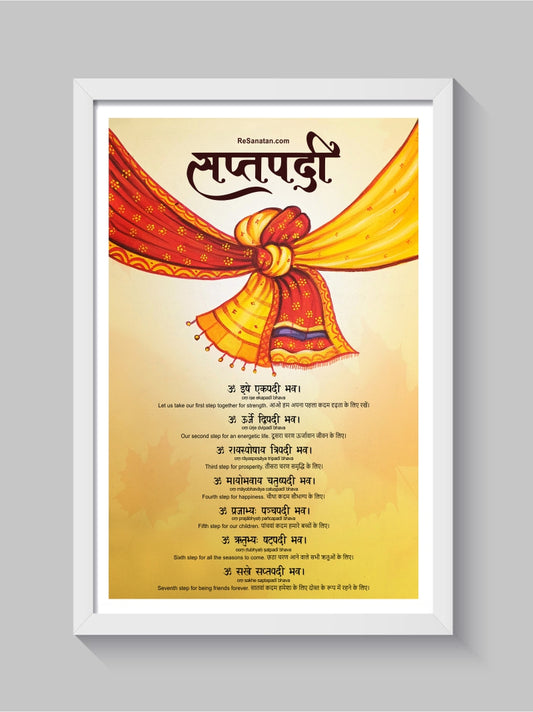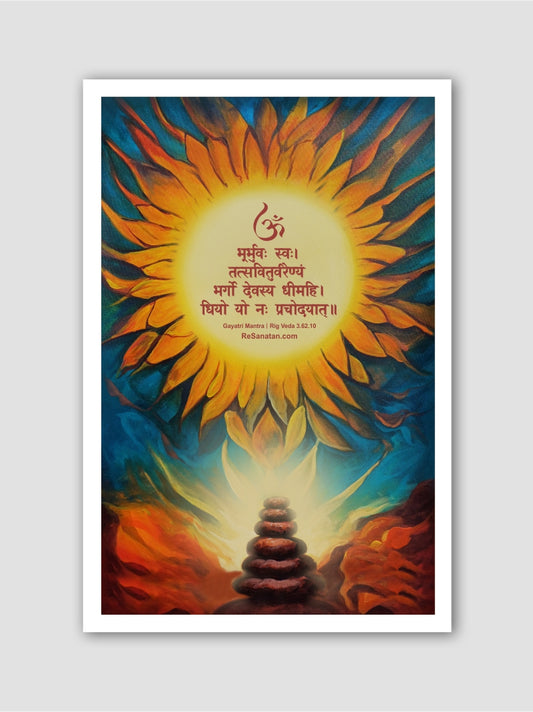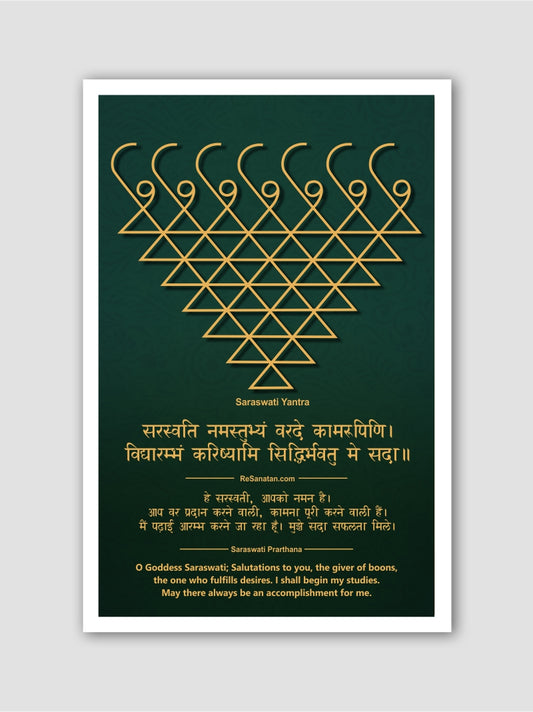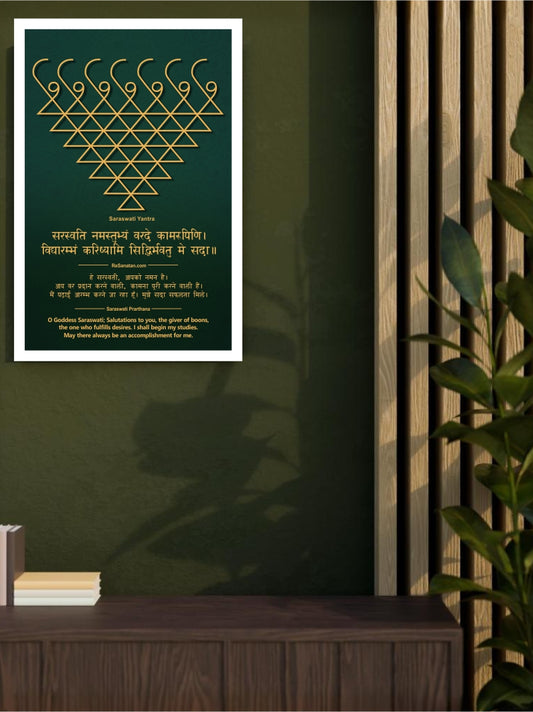Raksha Bandhan: Significance, Rituals, Wishes, and Celebration
Share
Raksha Bandhan, also known as Rakhi, is one of the most cherished festivals in India. It is a celebration of the unique and sacred bond between brothers and sisters. The name "Raksha Bandhan" itself is derived from two words: "Raksha," meaning protection, and "Bandhan," meaning bond. This festival transcends the boundaries of religion, region, and culture, making it a pan-Indian celebration of love, duty, and protection between siblings. Raksha Bandhan is observed on the full moon day of the Hindu lunar month of Shravana, which usually falls in August.
Raksha Bandhan 2025
Raksha Bandhan in 2025 will be celebrated on Saturday, August 9. This auspicious festival, which symbolizes the bond between brothers and sisters, falls on the full moon day of the Shravan month in the Hindu calendar. The ideal time for tying the rakhi is from 5:47 AM to 1:24 PM on the same day, as this period avoids the inauspicious Bhadra Kaal. Families across India will observe this special occasion with rituals, sweets, and heartfelt expressions of love and protection
Historical and Mythological Significance of Raksha Bandhan
Raksha Bandhan, a festival symbolizing the protective bond between brothers and sisters, is deeply entrenched in the historical and mythological fabric of India. Its origins can be traced back to ancient times, with stories and legends that have been passed down through generations, enriching the cultural and religious significance of this sacred festival.
Mythological Significance
Krishna and Draupadi: One of the most renowned stories associated with Raksha Bandhan comes from the Mahabharata, the great Indian epic. It tells of a time when Lord Krishna, while handling sugarcane, accidentally cut his finger. Seeing him in pain, Draupadi, the wife of the Pandavas, tore a piece of her sari and tied it around his finger to stop the bleeding. Deeply moved by this act of affection and concern, Krishna vowed to protect Draupadi in her time of need. This promise was fulfilled during the infamous disrobing of Draupadi in the Kaurava court, where Krishna miraculously extended her sari, saving her honor. This story underscores the theme of Raksha Bandhan: the brother's vow to protect his sister under any circumstance.
Yama and Yamuna: Another significant mythological tale comes from the bond between Yama, the god of death, and his sister Yamuna. It is said that Yamuna was deeply attached to her brother Yama and would often invite him to her home. However, Yama, burdened with his duties, could not visit her frequently. When he finally visited, Yamuna was overjoyed and performed a special ritual, tying a rakhi around his wrist and praying for his well-being. Touched by her love and devotion, Yama granted her immortality, making her the goddess of the Yamuna River. He also promised that any brother who receives a rakhi from his sister and pledges to protect her will attain immortality, symbolically ensuring their bond transcends even death.
Indra and Sachi: In another tale from ancient Hindu mythology, Raksha Bandhan is linked to Lord Indra, the king of the gods, and his wife, Sachi (also known as Indrani). During a battle between the gods and demons, Indra was facing a defeat. To protect him, Sachi prepared a talisman, blessed with sacred mantras, and tied it around Indra's wrist. With the power of this protective charm, Indra was able to defeat his enemies and emerge victorious. This story suggests that the tradition of tying a protective thread was originally a custom performed by wives to protect their husbands, which later evolved into the bond between siblings.
Historical Significance
Rani Karnavati and Emperor Humayun: A historical episode that highlights the significance of Raksha Bandhan is the story of Rani Karnavati of Chittor and the Mughal Emperor Humayun. During the early 16th century, Rani Karnavati was the regent of Mewar after the death of her husband, Rana Sanga. Facing the threat of invasion from Bahadur Shah of Gujarat, Rani Karnavati sought protection by sending a rakhi to Emperor Humayun, despite the fact that they were of different religions. Touched by her gesture and respecting the sanctity of the rakhi, Humayun immediately set out with his army to defend Chittor. Although he was unable to reach in time to prevent the invasion, this incident remains a powerful symbol of the respect and duty invoked by the rakhi, transcending political and religious differences.
Alexander the Great and King Porus: Another historical anecdote associated with Raksha Bandhan dates back to the time of Alexander the Great's invasion of India in 326 BCE. It is said that during his campaign in the Indian subcontinent, Alexander's wife, Roxana, approached King Porus, the ruler of the Punjab region, with a rakhi, seeking assurance that he would not harm her husband in battle. Honoring the rakhi, King Porus refrained from attacking Alexander directly during a critical battle. This act of chivalry and respect is often cited as an example of how the rakhi was respected even among adversaries, reflecting its deep-rooted cultural significance.
Cultural Evolution
Over time, the festival of Raksha Bandhan has evolved, both in its practice and in its cultural significance. What began as a ritual among gods and goddesses, and later between rulers and warriors, gradually became a widespread tradition among ordinary people. The thread of rakhi, once a talisman for protection, transformed into a symbol of the bond between brothers and sisters. Today, Raksha Bandhan is not just about protection; it is a celebration of the enduring relationships that transcend time and distance, underscoring the values of family, loyalty, and love that are integral to Indian culture.
Raksha Bandhan continues to be celebrated with fervor and joy, with the rakhi symbolizing a promise of protection, love, and lifelong commitment. The historical and mythological stories associated with the festival provide a rich backdrop that adds depth and meaning to this beloved tradition, making it an integral part of India's cultural heritage.
Rituals and Traditions of Raksha Bandhan
Raksha Bandhan is a festival that celebrates the sacred bond between brothers and sisters, symbolized by the tying of a rakhi—a sacred thread—around the brother’s wrist by the sister. This ritual is accompanied by various customs and traditions that vary slightly across regions but share the same core elements. These rituals are deeply rooted in Indian culture and have been passed down through generations, making Raksha Bandhan a festival rich in tradition and meaning.
Preparations Leading Up to Raksha Bandhan
The preparations for Raksha Bandhan begin days in advance, with markets bustling with colorful rakhis, sweets, and gifts. Sisters carefully select rakhis for their brothers, choosing designs that range from simple and elegant to elaborate and ornate. Some rakhis are even customized with personal touches, such as the brother's name or symbols that hold special significance.
On the other hand, brothers often plan gifts for their sisters, which could range from traditional items like clothes and jewelry to modern gadgets and personalized keepsakes. The anticipation and excitement build up as the day of Raksha Bandhan approaches, with families coming together to celebrate this special occasion.
The Rakhi Ceremony
The central ritual of Raksha Bandhan is the rakhi-tying ceremony, which is often performed in the morning, after both brother and sister have bathed and dressed in new or festive clothes. The ceremony is a deeply emotional and spiritual event, filled with prayers, blessings, and heartfelt exchanges.
1. The Puja Thali (Ceremonial Plate): The sister prepares a special thali (plate) for the ceremony. The thali typically includes the rakhi, roli (a mixture of turmeric and lime used to make a red mark or tilak), rice grains, a diya (small oil lamp), and sweets. Each item on the thali has its own symbolic significance:
Rakhi: Represents the bond of protection and love.
Roli: Symbolizes the auspiciousness and blessings for the brother’s well-being.
Rice Grains: Denote purity, prosperity, and peace.
Diya: Represents the light of knowledge, purity, and prosperity.
Sweets: Signify the sweetness of the relationship and the joy of the occasion.
2. Applying the Tilak: The ceremony begins with the sister applying a tilak on her brother's forehead using the roli paste. The tilak is a mark of auspiciousness and protection, symbolizing the sister’s prayers for her brother's well-being and prosperity.
3. Tying the Rakhi: After the tilak is applied, the sister ties the rakhi around her brother's wrist. As she ties the rakhi, she prays for her brother's long life, health, and happiness. The brother, in turn, vows to protect his sister and stand by her through all challenges in life. This act of tying the rakhi is the core of the Raksha Bandhan ritual, representing the bond of love and duty between siblings.
4. Exchanging Sweets and Gifts: Once the rakhi is tied, the sister offers sweets to her brother, and they share the sweets as a symbol of the sweetness of their relationship. In return, the brother presents his sister with a gift, which could be anything from a token of appreciation to something more elaborate. The exchange of gifts is a gesture of love, respect, and gratitude.
5. Aarti: In many families, the sister performs an aarti for her brother, using the diya to circle his face while singing or reciting prayers. This ritual is meant to ward off evil and bring divine blessings upon the brother. The aarti reinforces the protective aspect of Raksha Bandhan, with the sister invoking divine protection for her brother.
Family Gatherings and Feasts
Raksha Bandhan is also an occasion for family gatherings, where extended family members come together to celebrate. After the rakhi ceremony, the family typically enjoys a festive meal together. Special dishes are prepared, often including the favorite foods of the siblings. Traditional Indian sweets like laddoos, barfis, kheer, and gulab jamun are a staple at these celebrations, adding to the festive atmosphere.
In some families, multiple rakhis are tied to uncles, cousins, and other male relatives, signifying the bond of protection that extends beyond just brothers and sisters. The gathering provides an opportunity for relatives to reconnect, share stories, and strengthen familial bonds.
Regional Variations in Rituals
While the essence of Raksha Bandhan remains the same across India, different regions have their own unique customs and traditions associated with the festival.
1. Maharashtra and Goa: In these states, Raksha Bandhan coincides with Narali Purnima, a festival celebrated by the Koli fishing community. On this day, fishermen offer coconuts to the sea god, Varuna, seeking protection for their boats and a bountiful catch. The tying of the rakhi is performed alongside this ritual, blending the two traditions into a single celebration.
2. West Bengal and Odisha: Here, Raksha Bandhan is celebrated as Jhulan Purnima, which also honors the divine love of Radha and Krishna. Devotees celebrate by swinging idols of Radha and Krishna on decorated swings, singing devotional songs, and tying rakhis. The festival emphasizes both the sibling bond and the divine relationship between the deities.
3. Rajasthan: In Rajasthan, married women often tie rakhis to their brothers-in-law, in addition to their own brothers, as a way of ensuring the well-being of their marital homes. This tradition is known as "Lumba Rakhi," where the rakhi is tied to the bangle or wrist of the brother-in-law, signifying a protective bond with the sister’s marital family.
4. Gujarat: In Gujarat, Raksha Bandhan is celebrated with the worship of Lord Shiva, and the rakhi is tied after offering prayers to the deity. The festival also coincides with Pavitropana, a ritual where devotees offer water and bilva leaves to Lord Shiva to cleanse their sins and seek his blessings.
5. Punjab: In Punjab, Raksha Bandhan is celebrated with great enthusiasm, often alongside the festival of Kajari Purnima. The festival includes folk songs and dances, and the tying of the rakhi is accompanied by vibrant celebrations.
Wishes and Quotes for Raksha Bandhan in English, Hindi, and Sanskrit
Raksha Bandhan is a festival that beautifully encapsulates the love, trust, and bond between siblings. On this special day, expressing heartfelt wishes and sharing meaningful quotes is a cherished tradition. Whether you want to convey your feelings in English, Hindi, or Sanskrit, the following collection of wishes and quotes will help you articulate the essence of this sacred festival.
Wishes and Quotes in English
1. Heartfelt Wishes:
“Dear Brother/Sister, on this Raksha Bandhan, I pray for your happiness, prosperity, and success. May our bond grow stronger with each passing year. Happy Rakhi!”
“On this special day, I want to thank you for always being there for me, protecting me, and making my life beautiful. Happy Raksha Bandhan, dear brother/sister!”
“May the love and bond we share continue to grow stronger each day. Wishing you a very Happy Raksha Bandhan!”
2. Meaningful Quotes:
“A brother is a friend given by nature.” – Jean Baptiste Legouve
“There is no love like the love for a brother. There is no love like the love from a brother.” – Astrid Alauda
“The bond between a brother and sister is forever, built on trust, love, and shared memories.”
3. Short and Sweet Messages:
“You’re not just my brother/sister; you’re my forever friend. Happy Raksha Bandhan!”
“Rakhi is a thread that binds two souls in a bond of love and care forever. Happy Raksha Bandhan!”
“To the best brother/sister in the world, Happy Raksha Bandhan!”
Wishes and Quotes in Hindi
1. Heartfelt Wishes:
“रक्षाबंधन की हार्दिक शुभकामनाएँ! ईश्वर से प्रार्थना है कि हमारे रिश्ते में हमेशा प्यार, खुशियाँ, और आपसी समझ बनी रहे। मेरी तरफ से आपको ढेर सारी शुभकामनाएँ!”
“भाई-बहन का रिश्ता अनमोल होता है। इस रक्षाबंधन पर, मैं आपके जीवन में सफलता, खुशियों और समृद्धि की कामना करता/करती हूँ। शुभ रक्षाबंधन!”
“राखी का त्यौहार हमें याद दिलाता है कि हम एक-दूसरे की सुरक्षा और खुशियों के लिए बने हैं। भाई/बहन, आपको रक्षाबंधन की ढेर सारी शुभकामनाएँ!”
2. Meaningful Quotes:
“भाई-बहन का रिश्ता प्यार और विश्वास की डोरी से बंधा होता है। रक्षाबंधन की शुभकामनाएँ!”
“बहन का प्यार किसी दुआ से कम नहीं होता, वो चाहे दूर भी हो तो गम नहीं होता।”
“भाई-बहन का रिश्ता, जहाँ एक तरफ प्यार है, वहीं दूसरी तरफ तकरार भी है, लेकिन इस रिश्ते की मिठास अनमोल है।”
3. Short and Sweet Messages:
“मेरे प्यारे भाई/बहन, तुम्हारे जीवन में खुशियों की बहार हो। रक्षाबंधन की शुभकामनाएँ!”
“राखी का बंधन हमेशा हमें एक-दूसरे से जोड़े रखे। शुभ रक्षाबंधन!”
“तुम्हारे बिना ये त्यौहार अधूरा है। मेरी तरफ से आपको ढेर सारा प्यार और शुभकामनाएँ!”
Wishes and Quotes in Sanskrit
1. Heartfelt Wishes:
“स्नेहस्य बन्धनं अचलं अस्तु। रक्षाबंधनस्य शुभेक्षणीयं पर्वणि, तव जीवनं सदा मंगलमयम् अस्तु।”
“मम प्रिय भ्रातः/भगिन्यः, रक्षाबंधन पर्वणि तुभ्यं दीर्घायुष्यम्, स्वास्थ्यं, समृद्धिं च कामये। शुभ रक्षाबंधन!”
“रक्षाबंधनस्य हर्षोल्लासे, तव जीवनं सर्वदा सुखमयम् अस्तु। मम शुभकामनाः!”
2. Meaningful Quotes:
“भ्राता भगिन्योः प्रेम बन्धनं सदा अटलं अस्ति।”
“मित्रं भ्राता स्वभावतः दत्तम् अस्ति।”
“अस्माकं स्नेहस्य बन्धनं अनन्तकालं यावत् अस्तु। रक्षाबंधनस्य शुभकामनाः।”
3. Short and Sweet Messages:
“प्रिय भगिन्यः/भ्रातः, रक्षाबंधन पर्वणि तव हृदयः आनन्दमयः अस्तु। शुभ रक्षाबंधन!”
“रक्षाबंधनं ध्यायन्ते, तव जीवनं सुखमयं, समृद्धिमयं च अस्तु।”
“स्नेहस्य बन्धनं नित्यं यावत् वर्धते, तस्मै रक्षाबंधनं अभिनन्द्यते।”
Conclusion
Raksha Bandhan is not just a festival; it is a celebration of the unbreakable bond between siblings, rooted in love, trust, and mutual respect. It is a day that reinforces the values of family, duty, and protection, which are the cornerstones of Indian culture. As the world changes, the essence of Raksha Bandhan remains timeless, reminding us of the enduring strength of relationships and the power of a simple thread that binds hearts together.

